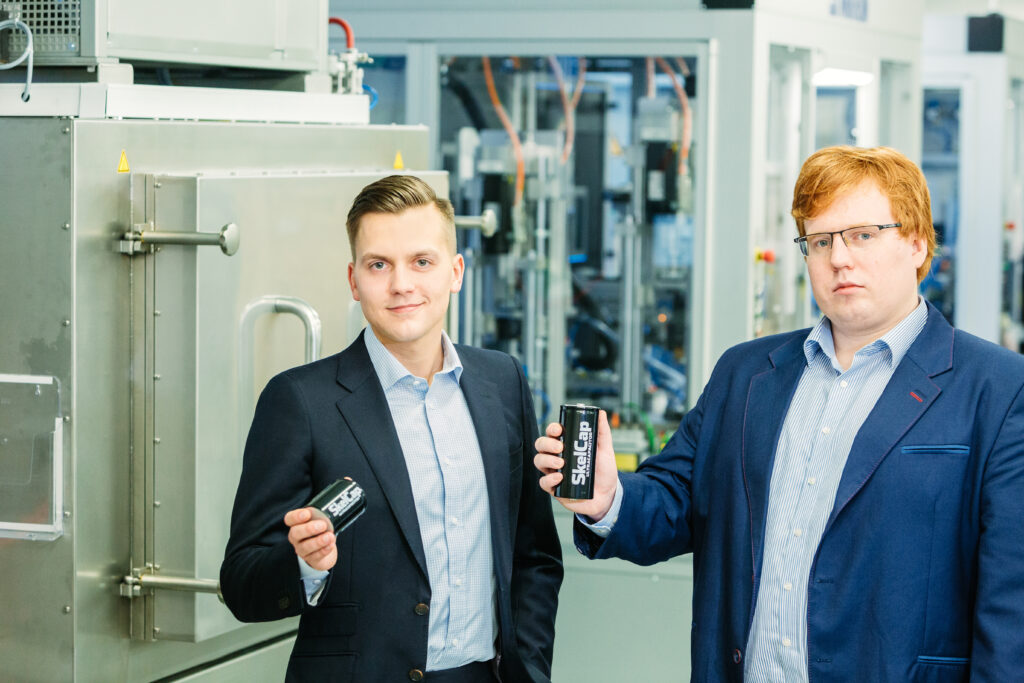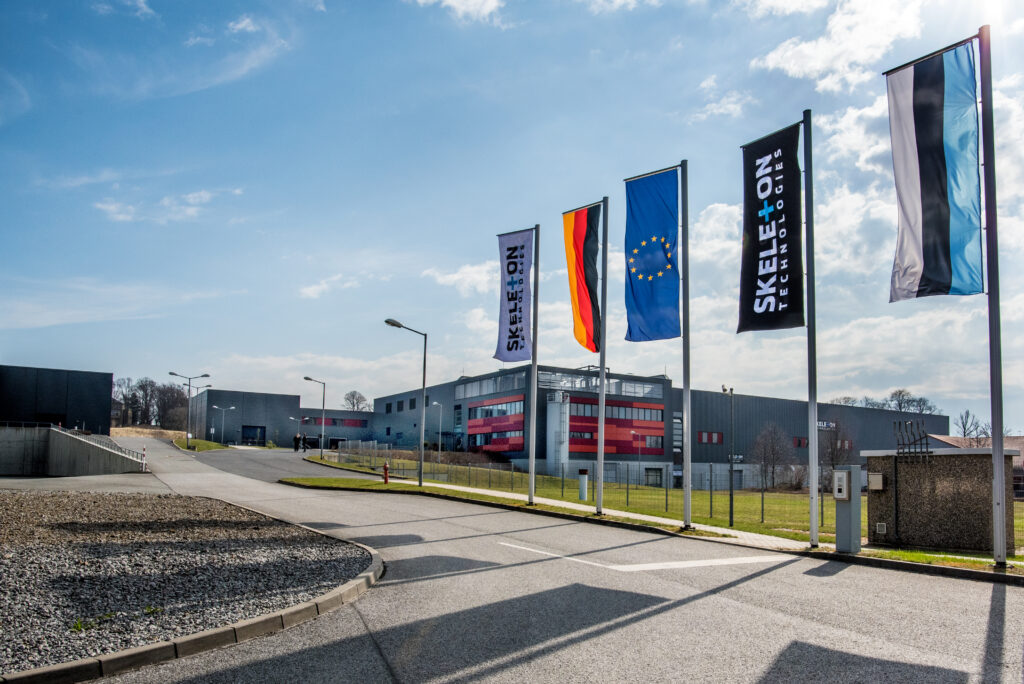Estonian-founded ultracapacitor maker Skeleton is investing €220 million in the Leipzig area to build the world’s largest supercapacitor factory, producing extremely powerful energy storage devices, in partnership with Siemens, the German manufacturing giant.
Supercapacitors are a technology used for fast energy storage. Capable of rapid charging in a matter of seconds and able to provide over a million charge/discharge cycles, they offer benefits in industries where reliable, instant power is a necessity – such as transport. This contrasts with more traditional batteries which are used for slow energy storage due to much longer charging times and lower life cycles.
Skeleton opened its first production line in Saxony, a federal state in eastern Germany, in 2017. Today, the company announced it had chosen Markranstädt in the Leipzig area to establish its second manufacturing site in Saxony, with the new factory expected to open in 2024.
Siemens will support Skeleton as technology partner with the joint development of a fully automated production line for the new factory and the digitalisation of the entire value chain. The two companies also plan to further expand business ties, Skeleton said in a statement.
Further cooperation with Siemens
Skeleton’s supercapacitors are used in transport, grid, industrial and automotive applications and, according to the company, “offer the highest power and energy density on the market, almost instant charging and discharging and allow to reduce CO2 emissions and save energy”. “Supercapacitors are a key element in dramatically reducing emissions in the power generation, transportation and industrial sectors,” Taavi Madiberk, the CEO and co-founder of Skeleton Technologies, said in a statement.
Madiberk added that Skeleton saw “a great potential for further cooperation with Siemens”. “Siemens already uses our supercapacitors for their high-power energy storage. Skeleton and Siemens both believe that the global economy is undergoing structural changes in some of the largest CO2 emission sources such as power generation, transport and industry,” he said.

The new factory is expected to produce up to twelve million cells a year.
Skeleton Technologies was started in Estonia in 2009, when, after years of development work, the young entrepreneurs, Taavi Madiberk and Oliver Ahlberg, decided to take the technology created by the University of Tartu scientists into production. In 2017, the company received a €15 million investment from the European Investment Bank.
Industry analysts estimate the ultracapacitor market will be worth €7.5 billion by 2025.

